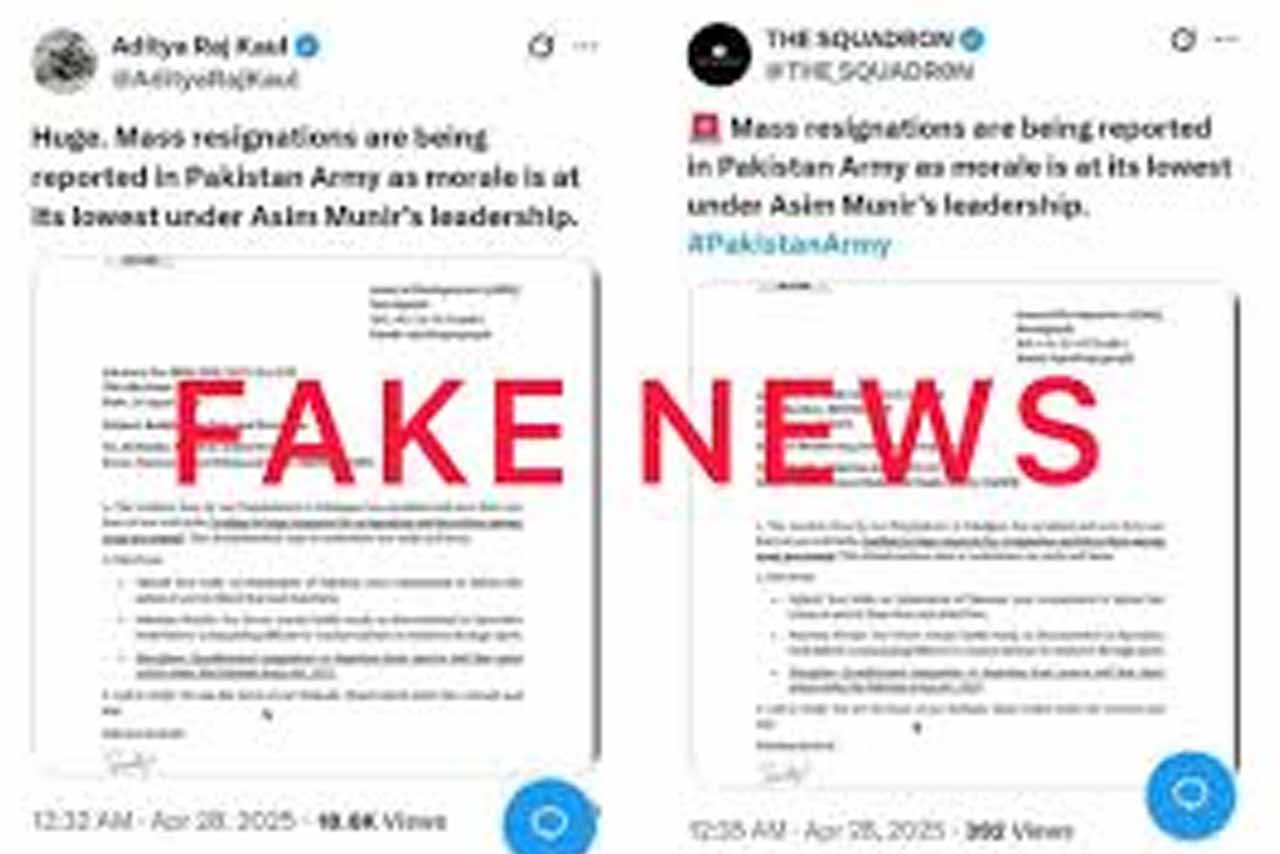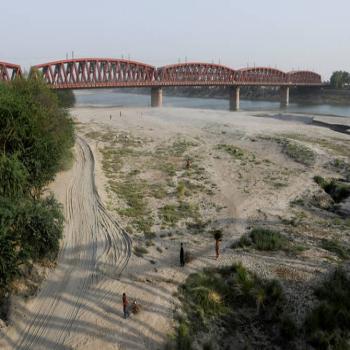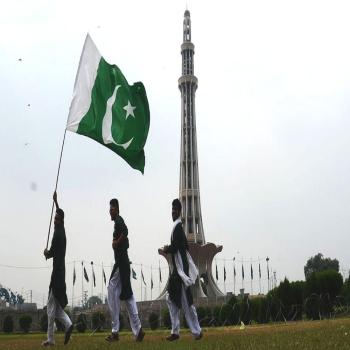In a new twist to the escalating tensions between Pakistan and India, fake resignation letters purportedly from Pakistan Army officers surfaced online, sparking confusion and concern. However, a closer look reveals a coordinated disinformation campaign, likely aimed at destabilising Pakistan during a critical time.
The fake documents, shared widely on X (formerly Twitter) and other platforms, were riddled with glaring mistakes. Notably, some letters bizarrely ended with the slogan "Pakistan Jindabad"—an" error no real military officer would make. Another major blunder was the claim that Major General Faisal Mahmood is the current DG ISPR, even though the position is held by Lt Gen Ahmed Sharif.
Experts say these inaccuracies expose the letters as part of a deliberate attempt to undermine confidence in Pakistan’s military leadership and spread chaos online.
The timing of the fake resignations is no coincidence. They flooded social media shortly after the tragic Pahalgam attack in Indian Illegally Occupied Jammu and Kashmir (IIOJK), where over two dozen civilians lost their lives. Despite offering no credible evidence, Indian officials were quick to blame Pakistan for the attack.

Soon after, Indian-backed social media networks started circulating the forged letters, trying to build a false narrative of disarray within Pakistan’s armed forces.
Security analysts believe the spread of these fake documents is part of a broader propaganda campaign designed to destabilise Pakistan internally and escalate already high regional tensions between the two nuclear neighbours.
The campaign comes at a time when India has taken aggressive steps against Pakistan, including the controversial suspension of the Indus Waters Treaty — a vital water-sharing agreement between the two countries.
Reacting strongly, Pakistan condemned India's hostile actions and rejected all baseless allegations. The government took significant diplomatic measures, including closing the Wagah border and expelling Indian diplomats from Islamabad.
Officials have urged the public and the international community to stay vigilant against the spread of fake news and disinformation. They stressed the importance of verifying sensitive information before sharing, especially when national security and regional stability are at stake.






